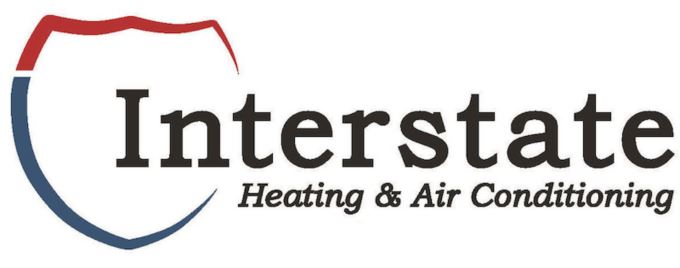
If you’re unsure whether your Omaha residence has poor indoor air quality (IAQ), it likely does.
We are indoors a lot. In reality, we’re indoors up to 90% of the time, according to the U.S. Environmental Protection Agency. And the air inside residences could be 2–5 times more contaminated than outdoors, which might create long-term health concerns.
Most Common Sources of Unsatisfactory IAQ
We’ve put together a list of the most ordinary sources of bad IAQ, the problems they create and how you can take care of these indoor air pollutants. If you’re troubled by the air inside your house, we suggest talking with a specialist like Interstate Heating & Air Conditioning about which products are best for your home.
Volatile Organic Compounds
Volatile organic compounds, or VOCs, are chemicals emitted from everyday household things.
They’re found in paint and stains along with:
- Furniture
- Carpet
- Building materials
- Cleaning products
- Cosmetics
- Air fresheners
- Candles
When these vapors accumulate indoors, they can irritate your eyes, nose and throat. They may also lead to headaches and nausea. Regardless of whether your residence is in a rural or industrial area, an EPA study found indoor levels of these chemicals can be 2–5 times worse than the air outside.
Always follow the manufacturer’s directions when applying paint or spraying cleaning products. Opening a window can help vapors disappear faster.
Air purification systems can also help. This system partners with your heating and cooling equipment to freshen indoor air. When seeking one, ensure it’s specifically designed to eradicate VOCs.
Dust and Pet Dander
Dust and pet dander can irritate health problems like asthma and allergies, especially when it constantly gets moved by your home’s comfort equipment. While you can vacuum more regularly and get an improved air filter, an air filtration system may be a better solution.
This equipment hooks to your comfort equipment to give strong filtration. Some kinds provide hospital-level filtration for removing particles and bioaerosols.
Lasting Odors
New houses are securely sealed to enhance energy efficiency. While this is great for your heating and cooling expenses, it’s not so good for your IAQ.
Musty odors can stick around for a greater amount of time as your house is pulling in a smaller amount of fresh air. Since keeping your windows open all the time isn’t an option, here are two methods you can make your indoor air smell better.
An air purification system is put in your ducts to wipe out odors before they are redistributed. Find one with a carbon filter and the capability to break down dangerous VOCs. These units can also help keep your loved ones healthy by wiping out most bacteria and common allergy triggers like pollen and mold spores.
A ventilation system pulls out stuffy indoor air and substitutes it with clean outdoor air. There are two kinds of systems (heat recovery and energy recovery), so call our professionals for more details on which type is best for your residence.
Unbalanced Humidity
It’s important your home’s humidity stays even. Air that’s too moist can cause mold, while dry air can create respiratory symptoms.
Our pros suggest 40–50% for the best comfort. To keep yours in balance, consider getting a whole-home humidifier or whole-home dehumidifier with your heating and cooling system.
Instead of having to drag a humidifier from room to room, this equipment delivers consistent humidity across your house.
Carbon Monoxide
Carbon monoxide is colorless gas you can’t smell. It’s a byproduct of insufficient combustion in fuel-burning units, like gas heating systems, water heaters or fireplaces.
It poses an extreme health risk. In little levels, it can cause flu-like ailments like headaches and nausea. It can be deadly in large amounts.
We advise yearly furnace maintenance to double-check your equipment is operating smoothly. This job allows our specialists to pinpoint troubles before they start, including malfunctions that can cause carbon monoxide leaks.
The best approach to keep your residence free of carbon monoxide is to get detectors. These alarms need to be on each floor close to bedrooms and living rooms.
Improve Your Residence’s Air Quality with the Interstate Heating & Air Conditioning Pros
Aware that your house has bad air quality but not sure how to enhance it? Or unsure which solution is right for you? Give our kind HVAC experts a call at 402-509-5940 or contact us online today. With free estimates and pro service, we’ll help you locate the right solution for your family and budget.
